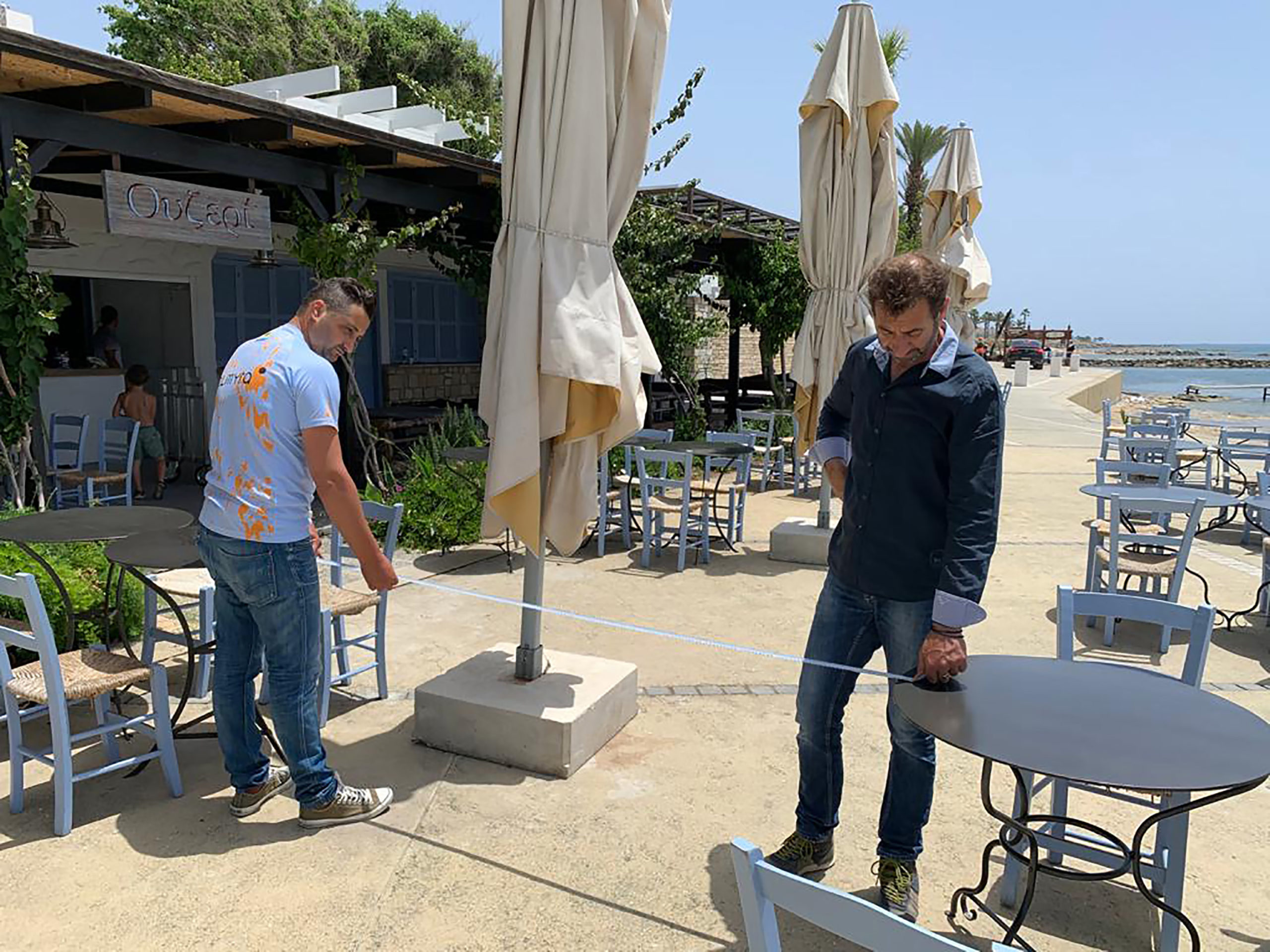The government seeks parliamentary approval for a supplementary budget of €220 mln to support small businesses and jobs as Cyprus emerges from a two-month lockdown to curb coronavirus.
Speaking before the House Finance Committee on Monday, Finance Minister Constantinos Petrides said that €120 mln will go to the Labour Ministry’s schemes to support businesses and jobs during the coronavirus crisis.
The remaining €100 mln is for a direct subsidy scheme for very small firms and the self-employed.
Petrides briefed MPs about the government’s scheme to support the economy that was approved by Cabinet last week.
This scheme was drawn up after MPs had rejected a government bill which would allow the state guaranteeing low-interest bank loans to businesses worth €1.5 bln.
The new package follows the first fiscal support measures amounting to €1.2 bln.
The government’s latest response package to help out coronavirus-hit businesses also includes measures such as the €500 mln loan guarantees with the EIB, €400 mln to be handed to the Cyprus Enterprise Fund which do not require the approval of parliament.
Nicosia decided to participate in the EIB’s recently approved Pan-European Guarantee Fund which will generate new lending of €400 mln to Cypriot SMEs and mid-caps that employ up to 3,000 persons.
The fund will provide loan agreements to banks with a guarantee of up to 80%.
Urging MPs to approve the €220 mln, Petrides said the government does not need the House’s approval for the rest of the measures.
The government also plans to subsidise interest on loans expected to cost €180 mln with the first payment due on March 31, 2021.
A subsidy on interest rates for housing loans is expected to cost €45 mln.
The interest rate subsidy scheme will not require additional funds this year and the sum will be covered in the 2021 budget, he told MPs.
Petrides said that the package was a bridge which is in step with moves to lift restrictions and restart the economy.
A new approach was needed after the opposition parties rejected the government’s last package which relied on 1.5 bln in state-backed bank loans.
“Our goal today was to find the quickest way to inject money into the market, creating the liquidity to deal with the coronavirus crisis,” said Petrides.
“If the House agrees to it, the government will in the next few days submit a supplementary budget to cover the new schemes of the Labour Ministry and part of the direct subsidy of businesses,” he added.










